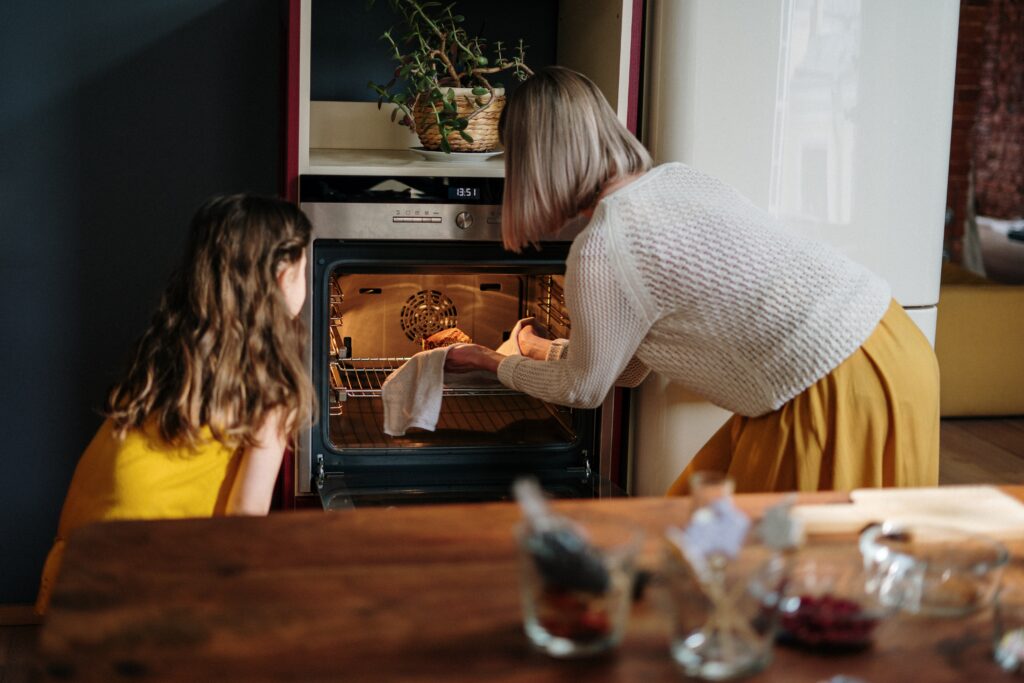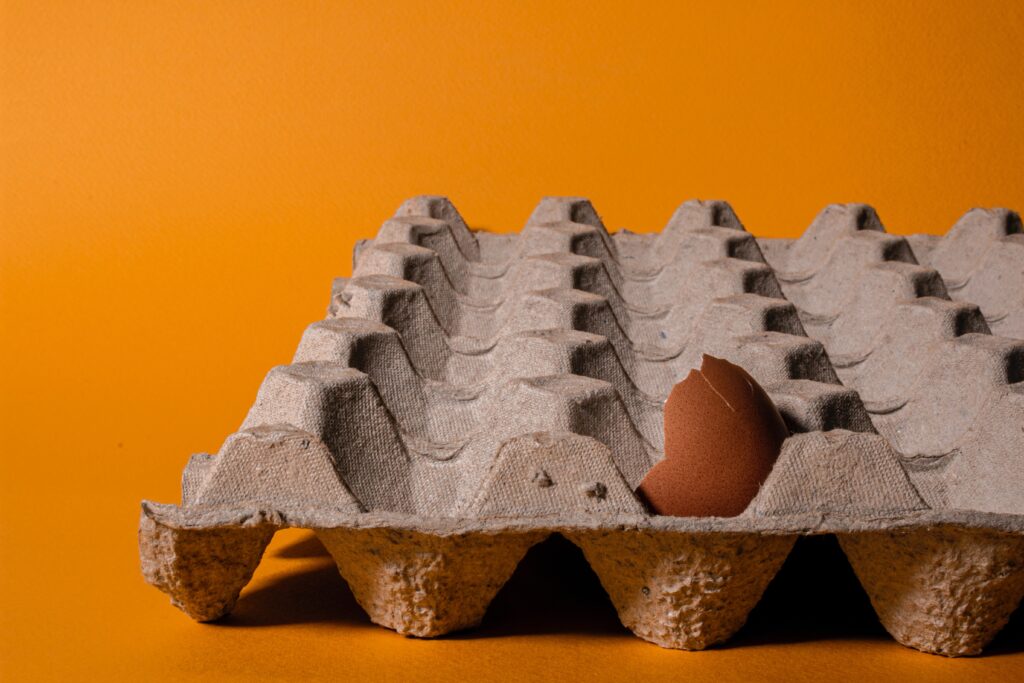5 Inventions That Revolutionized The Way We Eat
The food industry features various inventions improving the preparation and storage of your meals. We may take most inventions for granted, but we are certain that the people from ancient times would have loved it if these things existed back then.

As crazy as it may sound, perhaps the lifespan of our ancestors would have been much longer if only they had appliances that helped with food storage and prep!
Below is a glimpse of the greatest inventions that shaped food history.
The Oven
Ovens were introduced in Central Europe about 30,000 years ago. Each piece had a large pit hidden, with heat-conducting stones providing consistent heat and dirt cover containing the heat.
The earth ovens cooked slower at lower temperatures making the breakdown and absorption of nutrients easier.
Ancient Refrigerators
The need to keep fresh food cold and fresh inspired the invention of refrigerators. They even had some type of device in ancient India, Greece, China, India, and Rome.
The yakhchāls of Persia, introduced in 400 BCE, were the most advanced piece. Persians used refrigerators to keep food cold and fresh before using the pieces to make delicious desserts.
The Can Opener
Canning was a practical way of keeping food fresh and portable for long trips. Unfortunately, people had to use a chisel to open metal cans until can openers were introduced five decades later.
The initial can opener featured a sharp blade penetrating the lid for easier removal and substituting a chisel and hammer to break into a food can.
The Egg Carton
Eggs have been a delicacy for centuries as people adopt different recipes prompting the invention of an easier way to hold and store eggs.

The egg carton was patented in 1928 and was created to reduce the need for counting and handling broken eggs.
Bread Slicing Machine
Most people argue that sliced bread is among the greatest inventions of all time. Otto Rohwedder filed a patent for equipment that would slice the bread beforehand to reduce the chances of contamination when cut at home.
